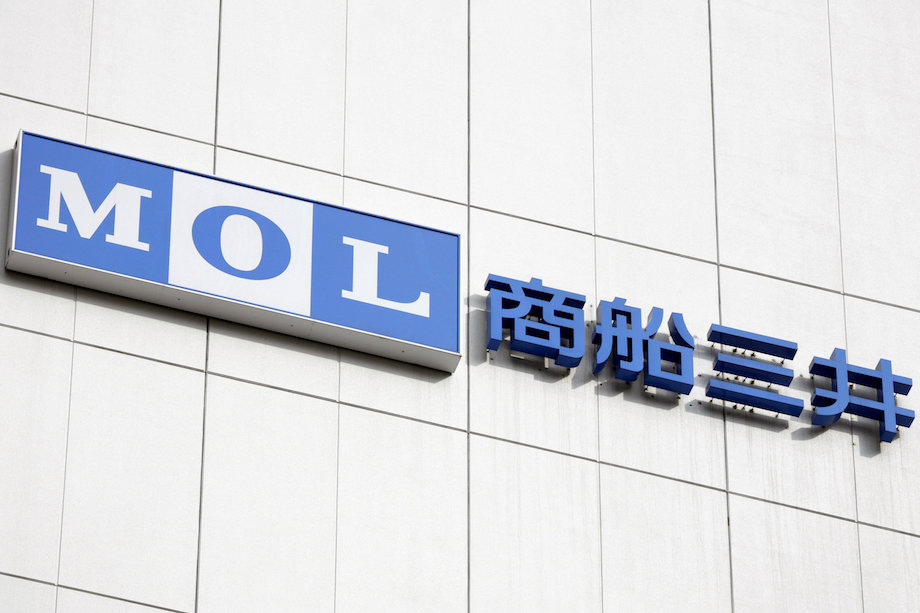Mitsui O.S.K. Lines, Ltd. (MOL; President & CEO: Takeshi Hashimoto; Headquarters: Minato-ku, Tokyo) today announced that, along with its group company MOL Information Systems, Ltd. (MOLIS; President: Tsuyoshi Yoshida; Headquarters: Minato-ku, Tokyo), it has developed the new system “BUNKER HUB” as part of its efforts to promote Digital Transformation (DX), a new system to manage bunker oil and lubricant analysis results and started its service in August of this year.
MOL is the only Japanese ocean shipping company that has its own bunker oil and lubricant analytical laboratory; the Mitsui O.S.K. Lines, Ltd. Technology Research Center opened 60 years ago. The system consolidates statistic data such as “analysis results by vessel/region” and “off-spec bunker occurrence area distribution” on the cloud. It also significantly improves user-friendliness and operability by adding a function that allows online access/monitoring of analysis data, anytime and anywhere. (Note 1)
Technology Research Center analyzes about 7,000 samples collected from about 800 MOL Group-operated vessels every year. The system encompasses all analysis results and allows MOL Group employees to check them online. This helps them evaluate bunkering ports and its quality in terms of past bunker oil results. MOL expects this to help avoid the use of avoidance of inferior bunker oils.
Analysis results and statistical data accumulated in the system, especially trends in bunker oil characteristics by area/fuel, is considered big data that will contribute to improve technology and safer operation among maritime clusters. In the future, MOL will, not only sell the system to other companies, but also share such data to contribute to the growth of maritime industries.
(Note 1)
[Improvements compared to the previous system] Main differences between the former system, in use for nearly 30 years at MOL and the new “BUNKER HUB” system are as follows.
1. Application of cloud based system instead of email-based system. This allows for online browsing. Furthermore, analysis results of bunker oils and lubricants used by vessels are continually stored on cloud-based system, ensuring that new systems will contribute to maintain high-quality vessel performance.
2. It is browsable even with iPads, etc. to maximize convenience for users.
3. Analysis results of bunker oils, analyzed by other companies’ analysis institutions, can be also consolidated into the new system.
4. Big data is integrated into the new system which makes it quick and easy to grasp trends/statistical analysis of bunker oils visually by area/oil types.
5. New system can be flexibly link to the other systems/applications considering current and forthcoming big data.[Future system development plan]
1. Hot online access directly from vessels
2. Linkage to trouble cases and analysis results, consolidate trouble records and statistics
3. Establish a trouble feedback system by using and applying the data above
4. Linkage to other MOL vessel management tools/applications (e.g.: Online ABLOG*1, FOCUS*2)
*1: “Online ABLOG”
A web application that processes and utilizes abstract log (ablog) data, improving operational efficiency both onboard and onshore.
*2: “FOCUS”
The Fleet Optimal Control Unified System (FOCUS) is a project that will gather and apply ship operation data to ensure safer, more environmentally friendly ocean transport.
Source: Hellenic Shipping News






